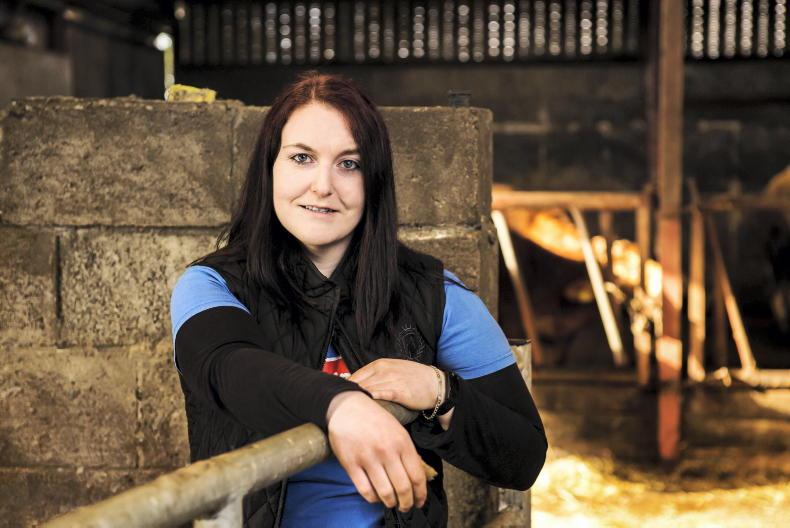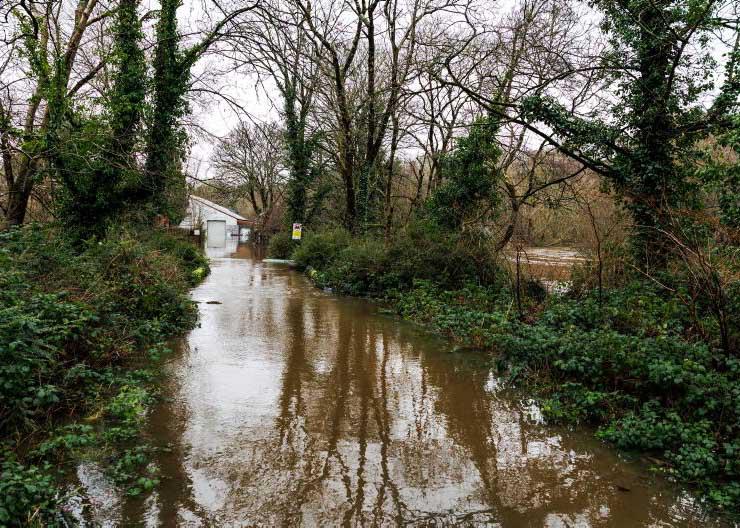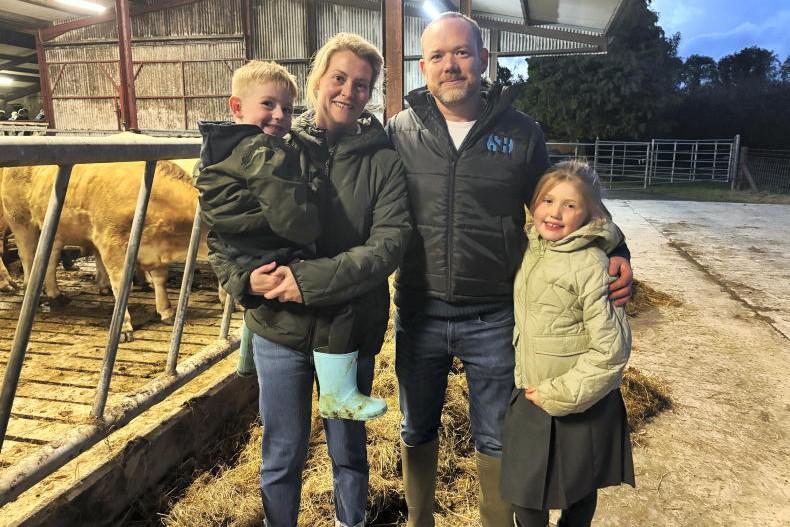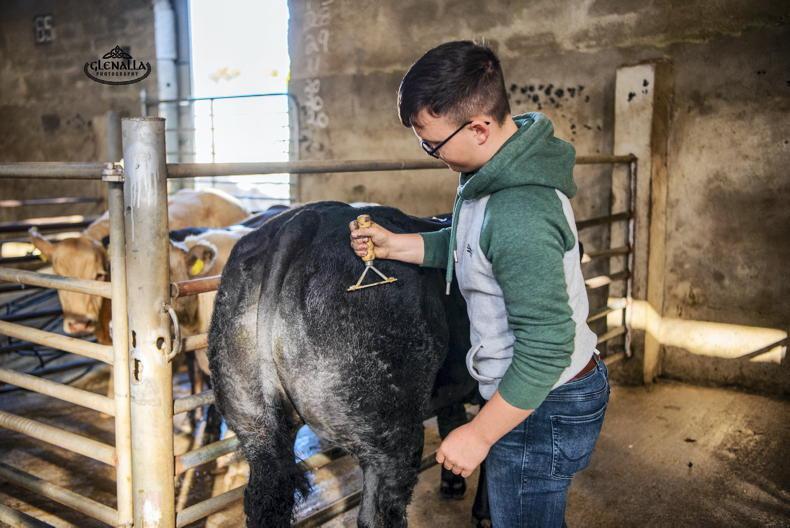IFA Connacht chair Pat Murphy said that synchronised management of the gates in the mid River Shannon region is key to managing the water levels.
Farmers want the Office of Public Works (OPW) to manage the water levels on the Shannon by lowering them, while ensuring that it doesn’t cause problems further downstream.
Callows
A delegation from the IFA recently visited some of the Shannon Callows.
Murphy said a significant amount of hay and silage has been harvested and the aftergrass is now growing.
This aftergrass is vital to the farmers in the Callows. If properly utilised by grazing, it will significantly reduce the demand on fodder in the area for the coming winter.
“The weather in August can be very volatile and can bring significant localised flooding similar to what was witnessed in the northwest last week.
“The opportunity to graze this aftergrass must not be lost due to unnecessary flooding, which could be prevented by proper management on the Shannon,” he said.
Linear cut to farm payments unacceptable
IFA deputy president Brian Rushe said imposing an additional linear cut on existing entitlements is not acceptable to farmers.
At a recent meeting of the Direct Payments Advisory Committee with the Department of Agriculture, Rushe said the IFA was very clear on the need for a National Reserve for young farmers in 2022 and beyond.
Approximately 1,600 applications have been made to the National Reserve for 2022, which is a significant increase compared to the period 2018-2021. The average number of applications in this period was approximately 850 per annum.
Under the National Reserve in 2021, 740 farmers – of which 678 were young farmers – received an average allocation of €5,460 in entitlements.
In addition, 5,129 young farmers received an average of €2,270 of a payment top-up under the Young Farmers Scheme in 2021. A linear reduction of approximately 0.6% to all payment entitlements in 2022 will be imposed to meet this increased demand.
Rushe said the main reason for the surge in demand is most likely the removal of the upper off-farm income threshold of €40,000, which was a requirement prior to 2022.
IFA Connacht chair Pat Murphy said that synchronised management of the gates in the mid River Shannon region is key to managing the water levels.
Farmers want the Office of Public Works (OPW) to manage the water levels on the Shannon by lowering them, while ensuring that it doesn’t cause problems further downstream.
Callows
A delegation from the IFA recently visited some of the Shannon Callows.
Murphy said a significant amount of hay and silage has been harvested and the aftergrass is now growing.
This aftergrass is vital to the farmers in the Callows. If properly utilised by grazing, it will significantly reduce the demand on fodder in the area for the coming winter.
“The weather in August can be very volatile and can bring significant localised flooding similar to what was witnessed in the northwest last week.
“The opportunity to graze this aftergrass must not be lost due to unnecessary flooding, which could be prevented by proper management on the Shannon,” he said.
Linear cut to farm payments unacceptable
IFA deputy president Brian Rushe said imposing an additional linear cut on existing entitlements is not acceptable to farmers.
At a recent meeting of the Direct Payments Advisory Committee with the Department of Agriculture, Rushe said the IFA was very clear on the need for a National Reserve for young farmers in 2022 and beyond.
Approximately 1,600 applications have been made to the National Reserve for 2022, which is a significant increase compared to the period 2018-2021. The average number of applications in this period was approximately 850 per annum.
Under the National Reserve in 2021, 740 farmers – of which 678 were young farmers – received an average allocation of €5,460 in entitlements.
In addition, 5,129 young farmers received an average of €2,270 of a payment top-up under the Young Farmers Scheme in 2021. A linear reduction of approximately 0.6% to all payment entitlements in 2022 will be imposed to meet this increased demand.
Rushe said the main reason for the surge in demand is most likely the removal of the upper off-farm income threshold of €40,000, which was a requirement prior to 2022.










SHARING OPTIONS